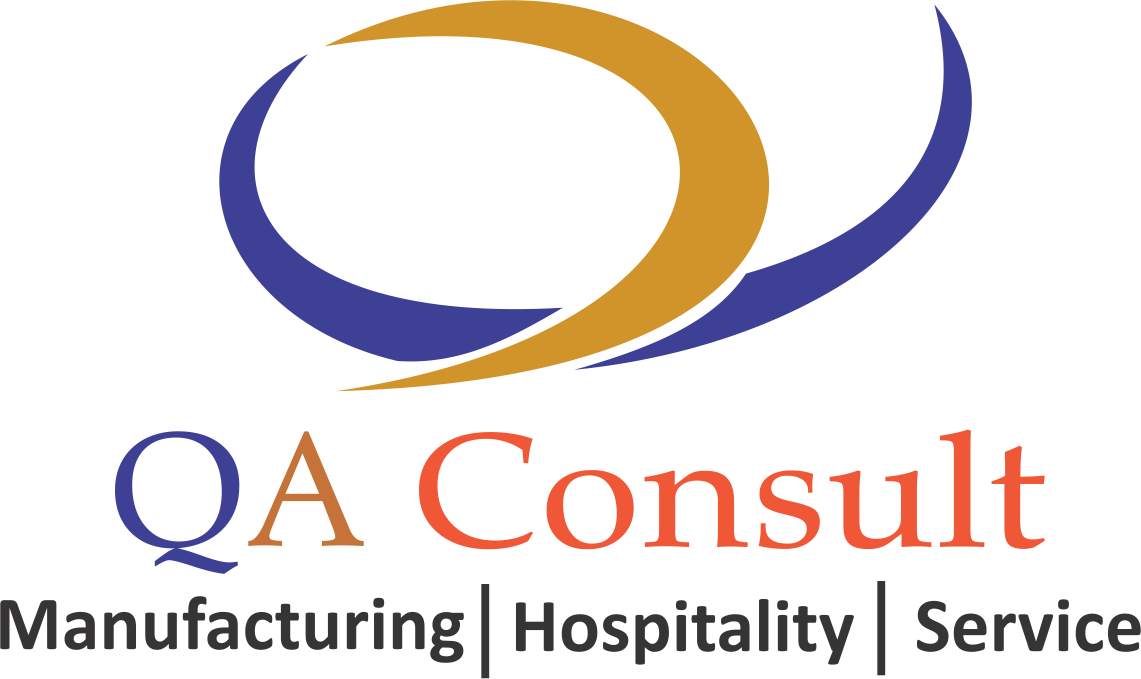Supplier Development in a Post-Covid Era
I have used a greater part of my time last week in discussing world class manufacturing (WCM) with some trainees. Most of the lessons learned can actually be applied to the service industry. One definition pitches WCM as a philosophy of being the best, the fastest, and the lowest cost producer of a product or service. It implies the constant improvement of products, process and service to remain an industry leader and provide the best choice for customers, regardless of where they are in the process. One of the critical factors considered under world class manufacturing is supplier development.
Supplier
A supplier is defined as the person or organisation that provides a product or service to another business. Finding a reliable and competitively-priced supplier is vital to the success of your business. Let me try and situate a supplier in the framework of a supply chain. A supply chain is a network between a company and its suppliers to produce and distribute a specific product to the final buyer. This network includes different activities, people, entities, information, and resources. The supply chain also represents the steps it takes to get the product or service from its original state to the customer. A caterer starts the day thinking about where to get all the ingredients that make up the list of recipes on the menu. A processing company cannot start thinking about finished products without first sorting out raw materials, ingredients and packaging. Suppliers therefore are the most important entities in a typical supply chain.
There are several benefits to be derived from deliberately incorporating suppliers in a company’s winning strategy. A business cannot thrive with inconsistent flow of input materials and that explains why ensuring there are enough suppliers for input materials is a strategic decision. Raw material cost is one of the biggest cost areas in a manufacturing setup and having a hold on it comes with many benefits. The cost of raw materials may be one thing, but the biggest challenge lies in the availability when needed. For the purposes of competitive prices and consistent supply, supplier relationship is key to the success of every business.
Developing a Supplier
Most manufacturers in Ghana rely on imports to satisfy their raw material needs. This may be due to three factors. First, unavailability of the raw material in commercial quantities in the local economy or the lack of local capacity to produce such input materials in commercial quantities for the manufacturing sector in question. The second factor is related to the quality of the input material on the local market. Poor quality raw materials have a direct effect on processing and the quality of finished products. Prices of crude palm oil may differ based on the level of free fatty acids; the lower the percentage of free fatty acid, the more costly and vice versa. This is just one example of how cost is related to quality for most commodities. The last but certainly not least is price. Large-scale manufacturers outside Ghana in most cases enjoy economies of scale and cheap labour driving down cost per ton. It therefore makes business sense to import especially when duties and inland transportation still makes it cheaper than local substitutes.
The above factors put most raw material suppliers at a disadvantage already. The challenges of lack of capacity to produce, poor quality and high prices facing local suppliers of raw materials presents opportunities too. Organisations that rely on raw materials that are abundant locally could have a policy to develop suppliers of these raw materials. Records from organisations who have deliberately developed suppliers as a supply chain strategy have benefited immensely from quality and volume at competitive prices. Although the initial capital invested
into development of local suppliers may be huge, the return on investment is always high compared to relying on imports.
Advantages of developing local suppliers
The development of local suppliers brings many advantages. Organisations gain competitive advantage when they develop local suppliers for their major raw materials. Duties at the ports of entry for non-exempt raw materials can be a disincentive for business. The cost of internal transportation of raw materials is no where close to the cost of shipping and duties. Cutting down on these huge costs helps in the competitiveness of local businesses. The second advantage is innovation. Supplier development has led to win-win innovative ideas for suppliers and buyers alike. The implementation of such ideas has brought about financial gains to suppliers and huge profits to buying organisations. The third and probably the most significant advantage is the creation of jobs for individuals and family businesses. The socio-economic impact these businesses have on the population cannot be underestimated. Businesses that supply raw materials and packaging materials form a significant chunk of the flourishing SME sector of the economy and the continuous development of these businesses has an overall positive impact on the economy.
Conclusion
CVM Solutions states that “supplier development is a business strategy that involves working with your diverse suppliers to boost their performance and drive continued business growth. Through education, mentoring, and access to resources, you'll help drive more sustainable and robust economic opportunities for your own business”. In a post-covid era, developing suppliers for your business will not only help in driving growth but business continuity and sustainability is assured in case another disruption similar to covid occurs in the future cutting off importation of raw materials for production.
Johnson Opoku-Boateng is the Chief Executive & Lead Consultant, QA CONSULT (Consultants and Trainers in Quality Assurance, Health & Safety, Environmental Management systems, Manufacturing Excellence and Food Safety). He is also a consumer safety advocate and helps businesses with regulatory affairs. He can be reached on +233209996002, email: johnson@qaconsultgh.com.
Related Stories
The Hungry Potbelly – bringing nutrition to the fore as a nation!
The Hungry Potbelly – bringing nutrition to the fore as a nation! As part of the long-term vision set out in Agenda 2063, the Assembly of Heads of State and Government of the African Union has adopted common African aspirations, drawing on the potential of its...
Silent Consumer Carelines – A major setback for industries
Silent Consumer Carelines – A major setback for industriesMohammed bin Rashid Al Maktoum wrote in his book “My Vision” (Challenges in the Race for Excellence) that “Anyone visiting the city realizes from touchdown that Dubai is exclusive and different. Because Dubai’s...
Industry & Consumer Information with Johnson Opoku-Boateng: Rising from complacency
Industry & Consumer Information with Johnson Opoku-Boateng: Rising from complacencyThe Case of Successful Small Business“Expansion and modernisation of the nation’s productive plant is essential to accelerate economic growth and improve the international...
Get In Touch
HEAD OFFICE
Aviation Highway , East Airport ( Spintex)
Landmark: Endpoint Homeopathic clinic



